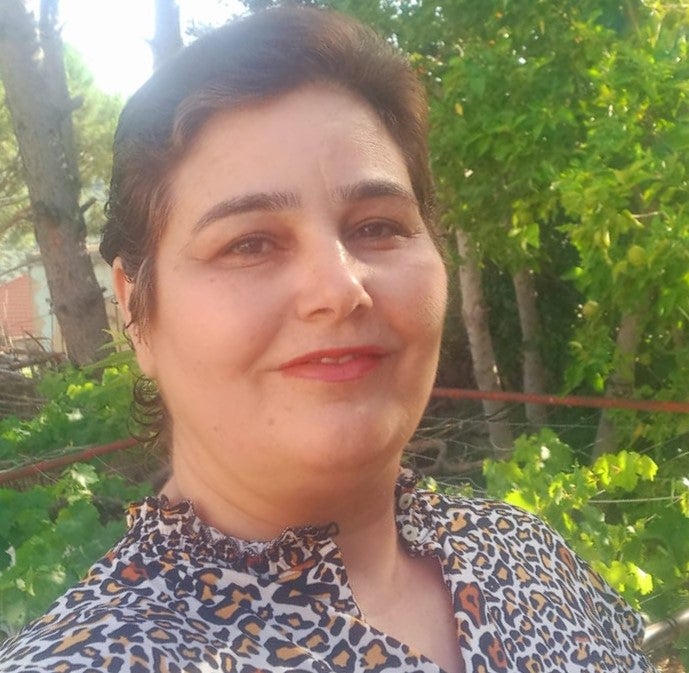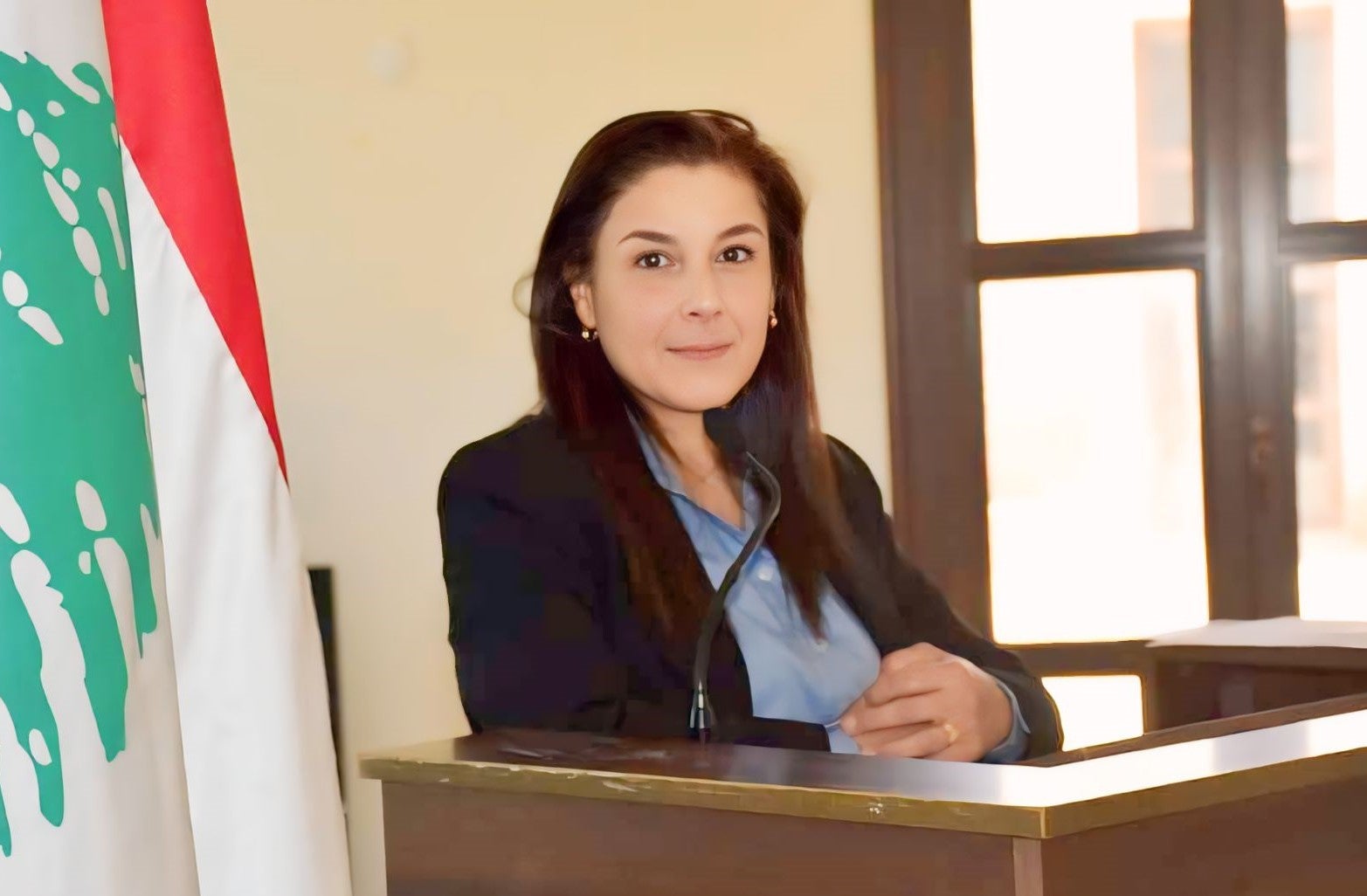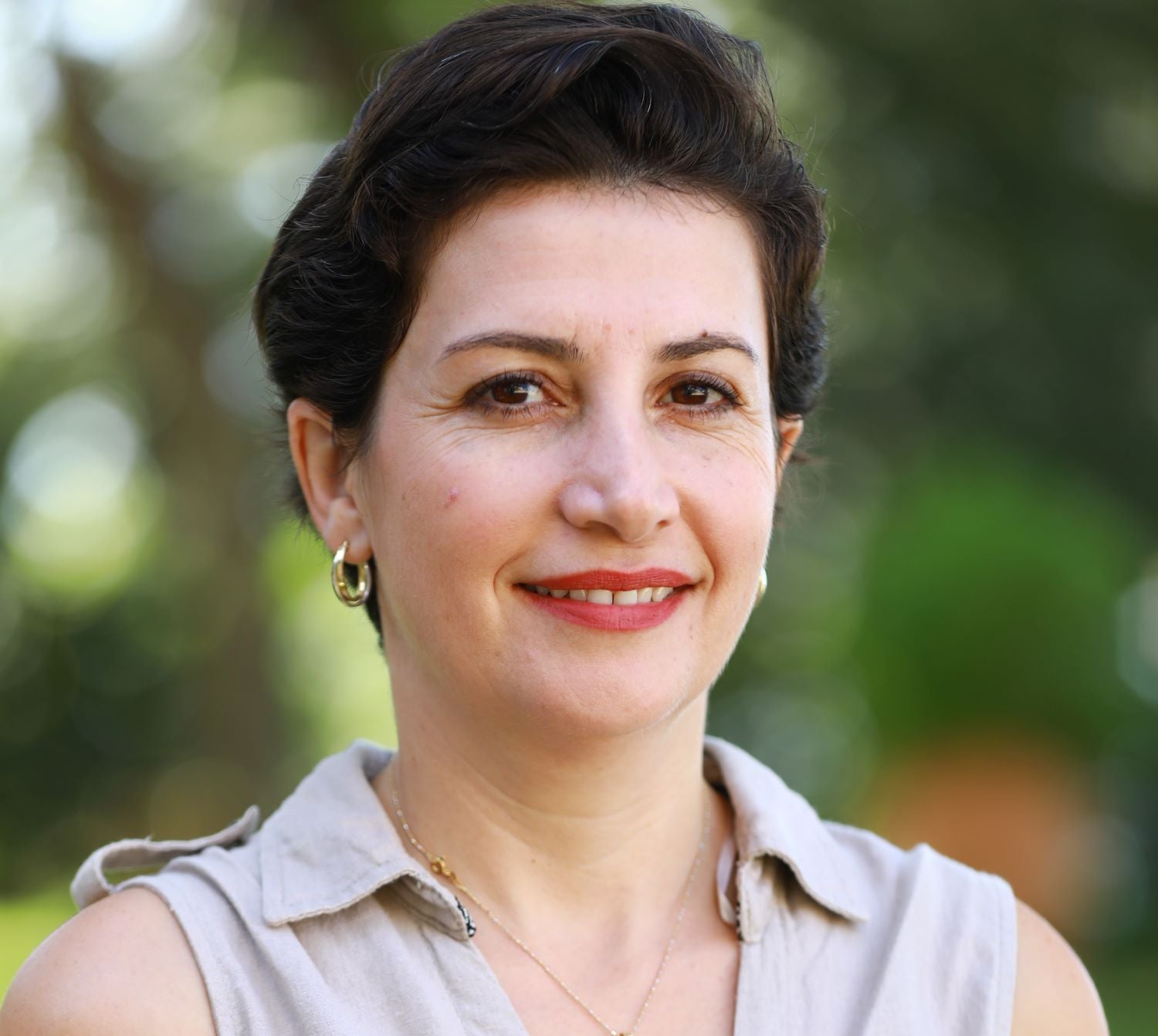Women peacebuilders from South Lebanon are an example of strength and determination
Date:
Amid escalating violence across Lebanon, three women mediators share their work and determination to support their communities.
Violent clashes along the Blue Line have escalated, with strikes and violence spiraling across Lebanon in recent weeks, including in the heart of Beirut. According to a UN Flash Appeal, as of 29 September, national authorities estimate that more than 1 million people have been displaced – around 53 per cent of them women.
Amid growing insecurity, as part of the regional “Women, Peace and Security in the Arab States Phase III” project, UN Women teamed up with International Alert and the Professional Mediation Center at University Saint Joseph to leverage the role of local women mediators in South Lebanon in support of community-level humanitarian action, with funding from the Government of Finland.
Trained women mediators have been promoting non-violence and reconciliation in South Lebanon. Some of them are staying strong in their villages, while the majority have recently been displaced. Despite their conditions, they remain powerful portraits of survival and strength – of women supporting women during crisis.
Overcoming stress

Samar Salim Nawfal is a 45-year-old local mediator and social worker from Hasbaya District. Despite the insecurity and her own serious health problems, she had remained in her village, until recently.
“I had decided to stay despite the difficult situation due to the financial burden of moving elsewhere, especially since I am undergoing breast cancer treatment, which adds to the financial and emotional strain,” she says. “Since we moved out of our village, we are experiencing significant psychological stress and fear due to the shelling around us and the continuous overhead flights. I have been unable to reach the hospital for treatment and to secure my necessary medication… my family and community have been affected by the lack of stability, constant fear of bombardment, and lack of access to all services. … We are very tired.”
Nawfal says joining the UN Women project has nevertheless helped her deal with the circumstances, and support others to do the same, through active listening and stress reduction.
“This is a fundamental link in the mediation work and the current [humanitarian] response,” she says. UN Women plays a significant role in reducing stress through psychological support sessions and listening via Zoom, which has helped me overcome certain situations.”
Reaching women and children with disabilities

Lina Abou Karnib, 55, is a local mediator and Director of the Hasbaya Care and Development Centre, which initially focused on people with disabilities before expanding to include vocational training for women, children and youth. She says the conflict has forced women and children with disabilities to stay home, negatively impacting their mental health and treatments they were receiving at the centre.
The Centre had also been assisting displaced people from nearby villages with shelter and basic needs. But with the rapid escalation of events, with intense shelling and Internet and electricity down, she’s been cut off from work and can no longer carry out her duties.
“It has been extremely difficult,” she says. “We’ve been affected both psychologically and economically. People are afraid, [but] I made the decision to stay no matter the circumstances.” Although employees are unable to go to the office, she says their salaries have been paid this month, “but we are uncertain about what will happen in the coming phase.”
She urges women not to become prisoners of their own fears: “We should believe in our skills and power, use our knowledge and maintain a positive outlook. Tomorrow [will be] a better day.”
Empathetic listening for healing and empowerment

“The situation is very chaotic. Everyone has left Tyre. My family and friends are scattered and not in the same place. They are okay, but the situation is very difficult,” says 41-year-old Faten Chalhoub, a local trainer and mediator in Tyre who founded the Charitable Intellectual Development Association to enhance the capacities of women and youth, promote peacebuilding and foster awareness.
The Centre provides family mediation, active and empathetic listening, as well as interactive training for displaced women and girls on positive and non-violent communication and conflict-management. As Chalhoub puts it, their mission is to promote women as “key actors in championing the protection of other women. Our work is part of a long chain of women empowering and supporting other women.”
With the latest escalation, she can only assist women by phone. “We are at war. Everything is being bombarded. Most of [the women] have been displaced, with some remaining in the displacement centres in Tyre. Right now, the focus is on supporting families. The situation is really bad, and we are in survival mode.”
Still, she says she perseveres with her work because she “doesn’t want to be a victim anymore”. Faten is now displaced and lives in Abra, Saida. She is trying to start up similar activities in her new location.